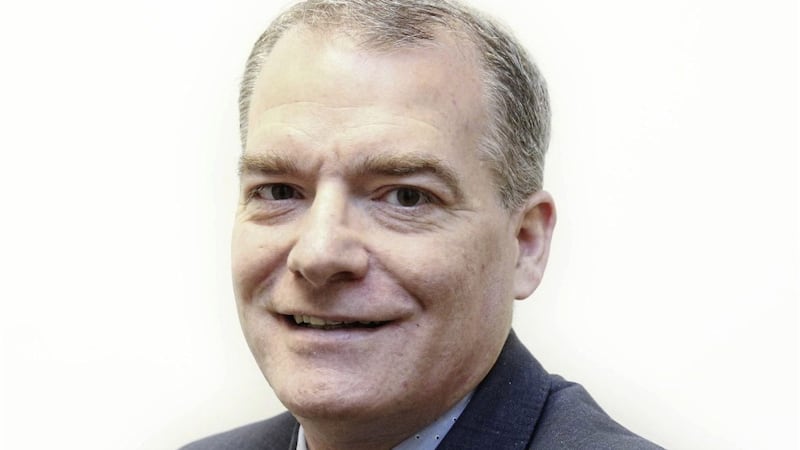THERE is a reason why the extreme loyalist fringe voices regularly featuring on our daily radio talk shows do not have an equivalent within republicanism.
Throughout the peace process and post-Good Friday Agreement period, nationalists and particularly mainstream republicans have acted to ensure no space could be conceded to these voices. Irish history forewarned them that allowing such space to develop and thrive could bring a return to violence and lead to the representatives of dissident republicanism potentially establishing firmer footholds within republican communities, fracturing nationalism and fuelling alienation and disillusionment.
And so it has been that, for the past 25 years, in spite of the many provocations by the British state, political unionism and loyalism, nationalist and republican leaders have tempered their voices and actions, knowing that words and deeds can play into the hands of those with a different agenda.
Initiatives and forums spearheaded by Sinn Féin, the SDLP or indeed by groupings within nationalist civic society have not provided legitimacy to the dissidents by ceding any ground to them.
There is no equivalent within nationalism to the Loyalist Communities Council, and there is no culture nor practice of anti-agreement republicans speaking regularly alongside Sinn Féin and SDLP leaders on platforms and in halls.
There are no dissident republican paramilitaries releasing pre-election statements urging people to vote for Sinn Féin. In fact, the hostility defining the relationship between dissidents and mainstream republicans is at times tangible.
Declan Kearney’s letter to dissident republican groups would have been conceived of and written in an effort to remind these groups of the reality that their violence is not only repugnant and redundant, but is also an obstacle to the fulfillment of their aspiration for Irish unity- not least in a Brexit era in which constitutional perspectives are in a state of flux for many people.
Sinn Féin were clearly not seeking to forge an alliance or coalition with a Saoradh outfit which continues to support the violence of the New IRA. To do so would not just be counter-productive but also dangerous from a Sinn Féin perspective, as these groups regard mainstream republicans as traitors. Instead, Kearney's invite was about sending the message that an exit strategy away from violence continues to exist for these groups, and the sooner they take it, the better for us all.







